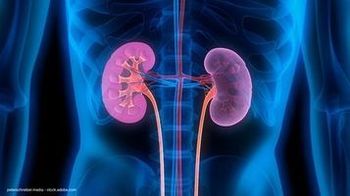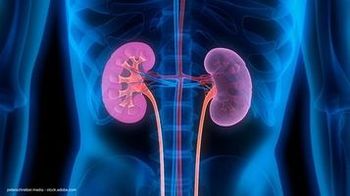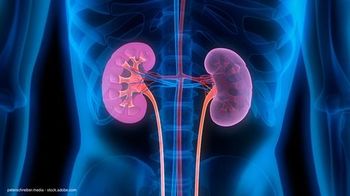
Autologous immunotherapy prolongs survival in men with prostate cancer
Sipuleucel-T (Provenge) appears to show a statistically significant improvement in overall survival in men with asymptomatic or minimally symptomatic metastatic castration-resistant prostate cancer, according to results of a recently published study.
Sipuleucel-T (Provenge) appears to show a statistically significant improvement in overall survival in men with asymptomatic or minimally symptomatic metastatic castration-resistant prostate cancer, according to results of a recently published study.
Results from the 512-patient IMPACT (IMmunotherapy for Prostate AdenoCarcinoma Treatment) were initially presented at the 2009 AUA annual meeting in Chicago and were published last month in the New England Journal of Medicine (2010; 363:411-22).
The study demonstrated that sipuleucel-T extended median survival by 4.1 months compared with control (25.8 months vs. 21.7 months) and reduced the risk of death by 22.5% compared with control (HR=.78; p=.032). Adverse events more commonly reported in the sipuleucel-T arm included chills, fever, headache, and influenza-like illness.
“These results represent the beginning of a new era in the treatment of cancer, one in which a patient’s own immune system is harnessed to fight the disease,” said first author Philip Kantoff, MD, of the Dana-Farber Cancer Institute and Harvard Medical School, Boston. “Furthermore, the magnitude of the survival benefit, coupled with the side effect profile and short duration of therapy, place Provenge as a new standard of care for men with asymptomatic or minimally symptomatic metastatic castration-resistant prostate cancer.”
Results of the published IMPACT study also showed:
- The survival benefit associated with sipuleucel-T was observed consistently across multiple patient subgroups, including those with prognostic factors known to be adversely correlated with overall survival.
- Of patients who received sipuleucel-T, 97.1% received at least one infusion and 92.2% received all three infusions.
- Sensitivity analyses provided no evidence that the use of docetaxel (Taxotere) could account for the observed treatment difference with respect to overall survival.
Results from IMPACT were consistent with findings on an earlier phase III randomized trial in which patients receiving sipuleucel-T had a median increase in survival of 4.5 months, a median survival of 25.9 months, and a 3-year survival rate of 34.1%.
Newsletter
Stay current with the latest urology news and practice-changing insights — sign up now for the essential updates every urologist needs.





